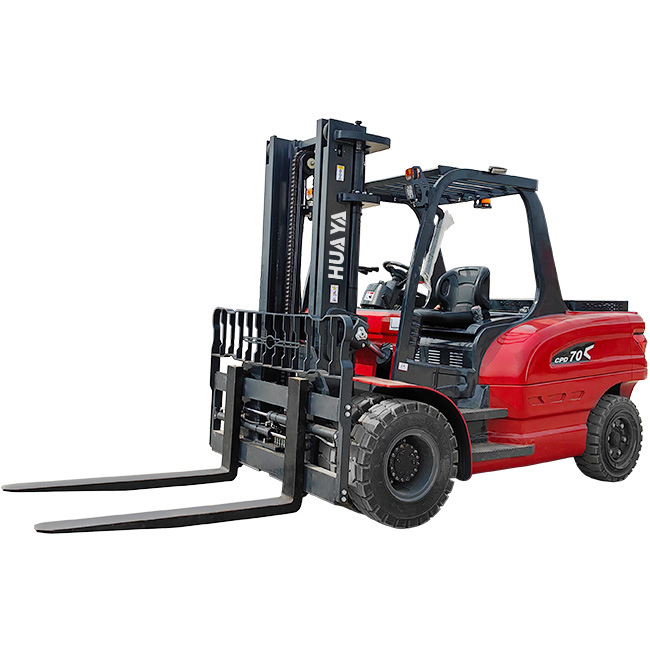
News
Electric forklifts have gained popularity for their eco-friendly performance and operational efficiency. However, when it comes to outdoor applications, especially with large electric forklifts, specific factors come into play. Businesses spanning manufacturing yards, distribution centers, and beyond often need forklifts that excel in both indoor and outdoor environments.

Large electric forklifts produce zero emissions, making them a greener choice for businesses striving to meet sustainability goals. By minimizing their carbon footprint, companies can align with eco-friendly practices while contributing to cleaner air quality.
Electric forklifts operate with minimal noise compared to their diesel or gas-powered counterparts. This low noise level benefits outdoor operations in residential zones or businesses requiring a quieter work environment.
Electric forklifts can significantly reduce operational expenses. Their reliance on electricity eliminates fuel costs, and their streamlined design often leads to fewer maintenance requirements, translating to long-term savings for businesses with demanding outdoor tasks.
While the benefits of large electric forklifts are clear, outdoor usage requires addressing certain challenges:
Outdoor operations, particularly in expansive work areas, demand longer driving times. Ensuring sufficient battery capacity for extended shifts is crucial. Additionally, businesses must establish accessible and reliable charging infrastructure to support seamless outdoor operations.
Extreme weather can affect the performance of electric forklifts. Rain, snow, or excessive heat may pose challenges, while uneven or rugged terrains can limit their functionality. Incorporating weather-resistant modifications can help mitigate these limitations, ensuring year-round reliability.
Large electric forklifts thrive in environments with stable surfaces. Loading docks, warehouse exteriors, and distribution centers with paved areas are ideal for their operation.
Electric forklifts perform optimally in mild weather conditions. For businesses operating in regions with temperate climates, these forklifts can handle outdoor tasks effectively.
For operations requiring short-distance travel, electric forklifts are efficient and reliable. Tasks that keep the forklift within a confined range reduce the risk of battery depletion and ensure smooth performance on even outdoor surfaces.
In certain scenarios, businesses may find electric forklifts less practical. Rugged terrains, extreme weather, or longer shifts can push their capabilities to the limit. For these demanding conditions, the following alternatives are recommended:
Known for their power and durability, diesel forklifts excel on rough surfaces and under harsh weather conditions. Their robust build makes them an ideal choice for heavy-duty outdoor operations.
Specifically designed for uneven and challenging surfaces, terrain forklifts offer superior traction and stability. They are a reliable option for industries requiring consistent performance across unpredictable outdoor environments.
Large electric forklifts are a viable option for outdoor use, provided the conditions are favorable. They excel in settings with paved surfaces, moderate weather, and short-range operations. However, businesses working in demanding environments with rugged terrains or harsh climates should carefully assess their needs. In such cases, alternatives like diesel or terrain forklifts might be better suited to ensure operational reliability and efficiency.
By evaluating worksite demands and aligning them with the strengths of different forklift models, businesses can achieve a balanced, cost-effective, and environmentally responsible solution for their outdoor operations.



